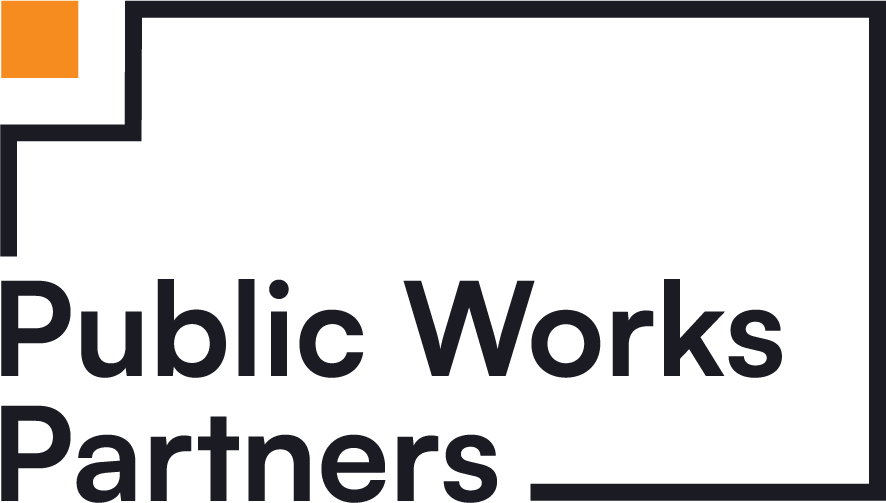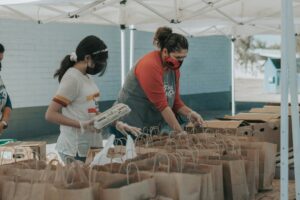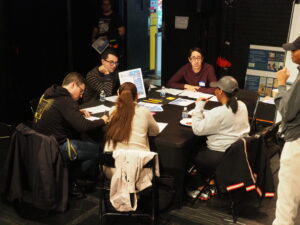
HIV/AIDS, although no longer the death sentence it once was, remains an enduring public health challenge. Research has demonstrated the profound impact of unstable housing on HIV outcomes and health disparities. This impact is especially pronounced in low-income communities, notably among Black and Hispanic individuals, reflecting long-standing racial and health disparities that society has only recently started to confront. The stigma surrounding HIV/AIDS and gender nonconformity also prevents transgender individuals from accessing health services, a factor contributing to threefold higher HIV infection rates within the transgender community compared to the national average.
Housing insecurity is one of the most salient challenges facing those suffering from HIV/AIDS. AIDSVu, a partnership between Emory University’s School of Public Health, Gilead Sciences, Inc., and the Center for AIDS Research at Emory University, found that in 2020, 21% of people living with HIV/AIDS (PLWHA) in NYC were living in unstable housing. Additionally, in 2023, the CDC also recognized the trend of HIV outbreaks among people experiencing homelessness and housing instability.
Housing insecurity uniquely affects people living with HIV/AIDS, as a safe and secure living environment is pivotal for medication adherence, continuous care, and an improved quality of life. Conversely, unstable housing situations, such as frequent moves or living in overcrowded conditions, can jeopardize the health of individuals already grappling with compromised immune systems.
The City of New York has taken steps to address this challenge since the early 1980s with policies like City Council Res. 357, which established permanent housing to meet the medical and support service needs of PLWHA. Today, the City’s Health Department administers two federally funded programs that offer low-income PLWHA and their families long-term housing assistance, short-term and transitional housing opportunities, and housing placement assistance. Still, the challenges faced by the public sector in addressing this issue are multifaceted. Tackling this issue of unhoused PLWHA is beyond the City’s capacity alone; it necessitates collaborations with grassroots organizations to effect substantial change.
Despite operating with limited resources, these organizations play an instrumental role in improving outcomes through their localized approach, ability to provide customized housing solutions, and collaboration with the public sector, forming a comprehensive approach to addressing the intersection of HIV/AIDS and housing insecurity.
Operating on the Frontlines
Over the years, grassroots organizations in New York City have effectively supported unhoused PLWHA at the local level by nurturing trustworthy relationships. These connections are crucial in enhancing the organizations’ approachability and dependability for individuals seeking assistance, especially given the prevailing stigmas linked to HIV/AIDS and housing insecurity. Their services extend beyond healthcare. These grassroots organizations also offer housing and counseling for a holistic approach to reaching the needs of PLWHA.
Tailored Housing Solutions
By operating on the frontlines, grassroots organizations are able to recognize the unique challenges faced by those that they serve. This enables them to offer personalized support and identify the most suitable housing options for each individual, taking into account critical factors such as medical needs, accessibility, and proximity to essential services.
Organizations such as VOCAL-NY utilize a peer-led model, where individuals with lived experience of HIV/AIDS and housing insecurity play a central role in providing support and education to their peers. These support groups help to reduce stigma and empower individuals to take control of their health and housing situations. In 2022 alone, VOCAL-NY distributed 3,613 safer sex kits to help prevent the spread of STIs. Similarly, they provided 747 referrals for other services, frequently helping sex workers find the support they require.
Another community-based organization, GMHC (Gay Men’s Health Crisis), one of the longest-standing organizations supporting PLWHA, initiated the landmark Buddy program in 1982 to assist PLWHA with daily needs. In 2021, over 70% of the communities they served lived below the Federal Poverty Line, with 36% belonging to the Black community and 32% to the Latino community.
Collaboration with the Public Sector
Through collaboration with grassroots organizations, the public sector can craft a more comprehensive and integrated approach to address the unique intersection of HIV/AIDS and housing insecurity. Legal Aid Society and Housing Works, for instance, partner with local government agencies to provide legal and housing support to individuals living with HIV who are facing eviction or housing discrimination. This collaborative effort can help break down barriers that might impede their progress towards stable housing and improved health outcomes.
Moving Forward
Acknowledging the indispensable role these organizations play in addressing housing insecurity and improving health outcomes for PLWHA, it is crucial to foster an environment that encourages collaboration and resource sharing.
There are many different ways to invest in these initiatives, such as allocating funding or grants specifically designated for organizations that work at the intersection of HIV/AIDS outcomes and housing insecurity. Government agencies can provide training, workshops, and technical assistance to enhance organizational capacity. Data sharing can also facilitate a better understanding of the needs of unhoused PLWHA and ensure targeted support.
By championing their efforts, we can collectively work towards a future where no one is left behind, ensuring that unhoused PLWHA receive the support and resources they rightfully deserve for a better and healthier life.





